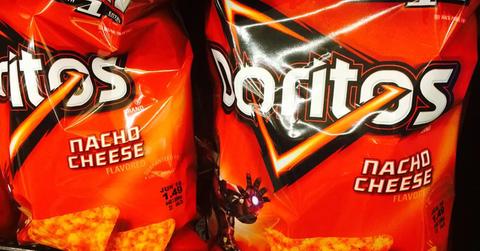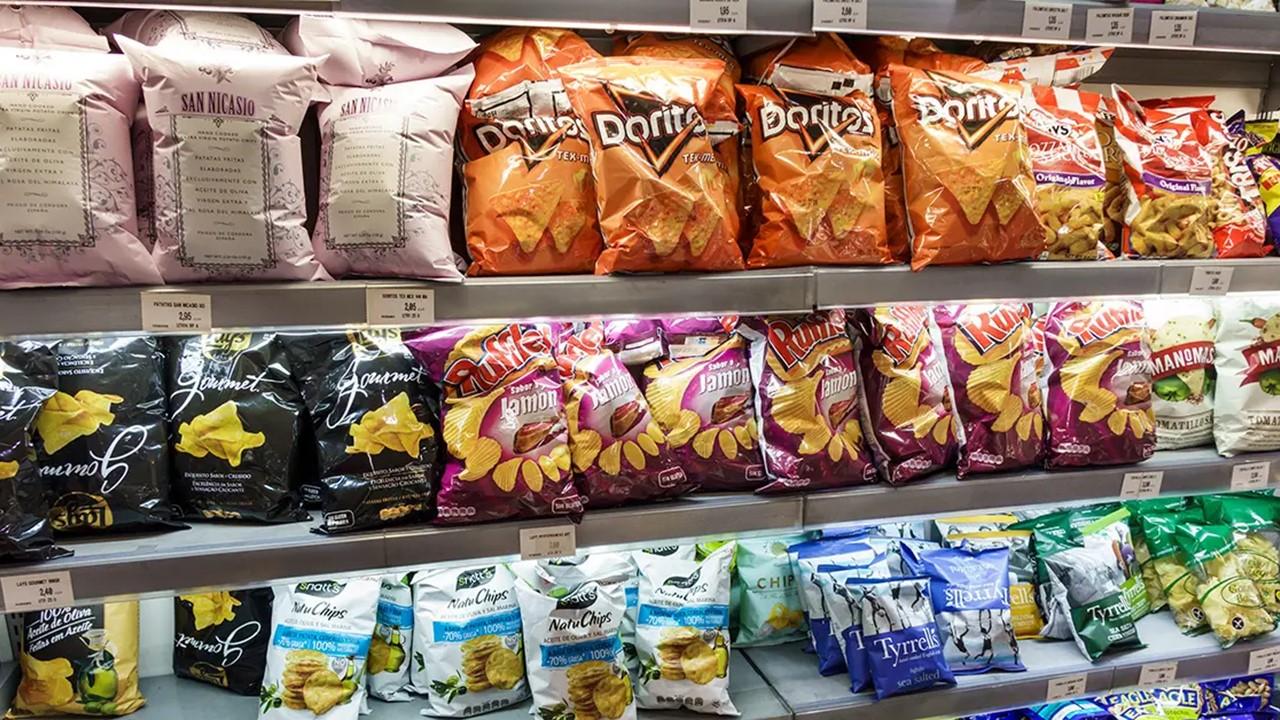People Are Mad at Doritos Over Resurfaced Tweets From a Spanish Trans Ambassador
Samantha has claimed that the tweets were sent in an attempt to be funny, although they have undeniably aged poorly.
Published March 5 2024, 1:00 p.m. ET

It's not the first, and it won't be the last, but Doritos is the latest company to face a significant backlash over its relationship with a transgender woman. A massive controversy has been sparked, mainly on the right, over the PepsiCo brand's Spanish arm, which hired a trans artist in Spain to be a brand ambassador.
That in and of itself may have been enough to foment a controversy (just ask the people behind Bud Light), but things are a little more complicated this time around. Here's everything we know about why people are mad at Doritos.

Why are people mad at Doritos?
People are mad at Doritos mostly because of their relationship with Samantha Hudson, a transgender woman in Spain who partnered with the company to promote Doritos as part of a 50-second ad called "Crunch Talks."
The backlash centers on some of Samantha's old tweets that have resurfaced following her partnership with the brand. In the tweets in question, Samantha used sexual language when discussing a 12-year-old.
The tweets were posted back in 2015. Samantha has claimed that the tweets were sent in an attempt to be funny, but they have undeniably aged poorly. Because of the resurfacing of the tweets, Doritos has faced major backlash from many on the right.
Who is Samantha Hudson?
Samantha Hudson is a transgender Spanish artist who is admittedly a pretty outspoken leftist. She has spoken out against the traditional family, and espoused Marxist ideas (although it's unclear how much of a Marxist one can be while partnering with PepsiCo).
Ultimately, though, it seems like Samantha's old tweets, when combined with her identity, might have been too much for many on the right to handle.
Who owns Doritos?
Doritos is owned by FritoLay, which is a wholly-owned subsidiary of PepsiCo. Essentially, Doritos is owned by PepsiCo. However, it seems pretty unlikely that those in charge at PepsiCo had any say in an advertising campaign that was intentionally designed to be local to Spain.
Typically, in massive corporations like that, campaigns for particular countries are approved at a much lower level.
Of course, part of the reason so many people want to better understand who owns Doritos is because they want to make sure that those in charge hear about the backlash that's fomenting against the brand.
Like Bud Light before it, a relatively minor marketing ploy can have major consequences for a company's bottom line, even if it seemed relatively low risk at the outset.
Doritos may fall victim to boycotts, floods of letters and phone calls, or various other forms of protest. People are definitely mad at Doritos, and those people can sometimes be motivated to take action. How far those people will ultimately go still remains to be seen.